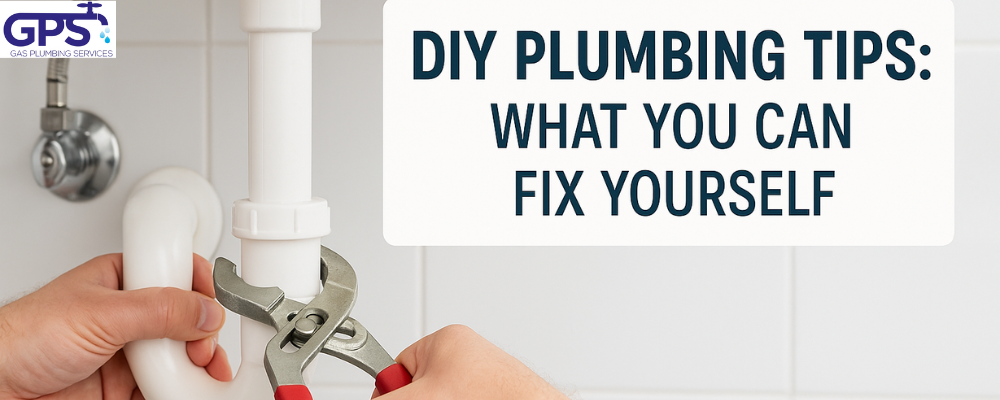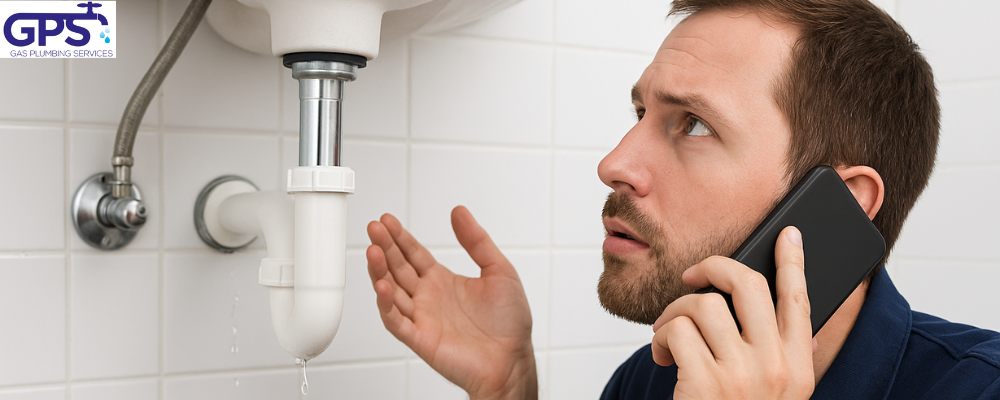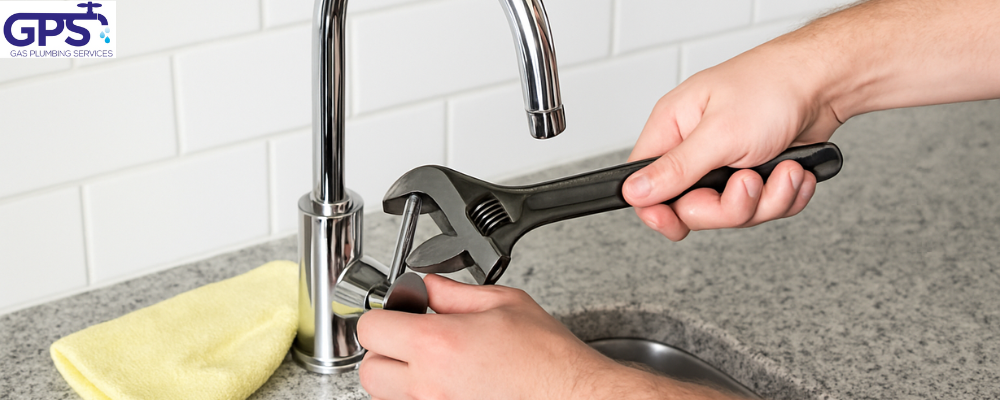DIY Plumbing Tips: What You Can Fix Yourself and When to Call a Pro
Plumbing issues are one of the most common household problems homeowners face. From dripping faucets to clogged drains, many of these annoyances can often be resolved with a little know-how and some basic tools. However, not every plumbing problem is a simple fix. Knowing what you can handle yourself and when it’s time to bring in professional help can save you time, money, and unnecessary stress.
If a problem seems beyond your skill or causes significant damage, it’s wise to call a licensed plumber Sydney residents trust. Professionals bring expertise and the right equipment to ensure the job is done safely and correctly.

Simple Plumbing Fixes You Can Do Yourself
Many plumbing issues around the home are straightforward and can be fixed without calling a professional. Here are some common problems you can tackle yourself:
1. Fixing a Leaking Faucet
A dripping faucet can waste a surprising amount of water and increase your bill. Often, the issue is a worn-out washer or seal inside the faucet. Turning off the water supply, disassembling the faucet, and replacing these small parts can stop the leak quickly.
2. Unclogging Drains
Slow or clogged drains are usually caused by hair, soap buildup, or food particles. Using a plunger or a drain snake can often clear the blockage. Avoid harsh chemical drain cleaners as they can damage pipes and are harmful to the environment.
3. Replacing a Showerhead
Upgrading or fixing a showerhead is simple. Most showerheads can be unscrewed by hand or with a wrench, and the replacement just screws on. It’s a quick fix that can improve water flow and save water.
4. Fixing a Running Toilet
A toilet that constantly runs can waste a lot of water. Usually, the problem lies in the flapper valve or the float inside the tank. Adjusting or replacing these parts is a manageable task for most DIYers.
5. Tightening Loose Pipes or Fittings
If you notice leaks or drips from pipe joints, sometimes simply tightening the fittings with a wrench can fix the issue. Make sure to turn off the water supply first.
When to Call a Professional Plumber
While many plumbing problems are manageable on your own, some issues require the skills and tools of a licensed plumber to prevent further damage or safety risks. Here are situations where calling a professional is the best choice:

1. Persistent Leaks or Water Damage
If a leak continues despite your DIY efforts, or if you notice water stains, mold, or damage to walls and floors, it’s time to call a pro. Hidden leaks can cause serious structural damage and costly repairs if left untreated.
2. Burst Pipes or Major Pipe Issues
A burst pipe can cause flooding and significant water damage. In such cases, contacting an emergency plumber ensures immediate action to minimize damage.
3. Water Heater Problems
Issues with your water heater, such as no hot water, strange noises, or leaks, often involve complex components. A licensed plumber can safely diagnose and repair, or replace the unit.
4. Sewer Line Backups
Sewer backups are unpleasant and potentially hazardous. Professionals have the specialized equipment to clear blockages safely and check for pipe damage or root intrusion.
5. Installation of New Plumbing Fixtures
Installing sinks, toilets, or appliances often requires precise connections to avoid leaks and comply with local codes. A plumber ensures proper installation and prevents future problems.
6. Gas Plumbing Issues
Gas lines and fittings demand expert handling due to safety concerns. If you suspect a gas leak or need new gas plumbing, always call a licensed professional immediately.
Tips for DIY Plumbing Safety and Preparation
Before you roll up your sleeves and start any plumbing repair, it’s important to follow some basic safety and preparation tips to protect yourself and your home:

1. Shut Off the Water Supply
Always turn off the main water supply or the specific valve controlling the affected fixture before starting any repair. This prevents accidental flooding and water damage.
2. Use the Right Tools and Materials
Using proper plumbing tools like pipe wrenches, pliers, and plumber’s tape makes the job easier and helps avoid damaging your pipes or fittings. Avoid using makeshift tools that could cause harm or poor repairs.
3. Know Your Limits
It’s great to try small fixes yourself, but recognize when a problem is beyond your skill level. If you’re unsure or the repair involves complex systems, stop and call a professional to avoid costly mistakes.
4. Protect Yourself
Wear gloves, safety goggles, and appropriate clothing when working with plumbing to protect against sharp edges, debris, and harmful substances.
Benefits of Calling a Licensed Plumber
While DIY plumbing can save money on minor repairs, there are many advantages to hiring a licensed plumber for more complex issues:
1. Expertise and Experience
Licensed plumbers have the training and hands-on experience to diagnose problems accurately and apply the best solutions. They know the intricacies of plumbing systems and local building codes.
2. Proper Tools and Technology
Professional plumbers use specialized tools and advanced technology, such as video pipe inspection cameras and leak detection equipment, to efficiently and effectively solve problems.
3. Preventing Costly Damages
Improper repairs can worsen plumbing issues and cause water damage, mold, or even structural problems. A plumber ensures the job is done right the first time, saving you from expensive future repairs.
4. Warranty and Insurance Coverage
Licensed plumbers typically offer warranties on their work and carry insurance. This protects you financially if anything goes wrong during or after the repair.
Conclusion
DIY plumbing can be a great way to handle minor repairs and save some money, but it’s important to know your limits. Simple fixes like unclogging drains or replacing a showerhead are well within reach for most homeowners. However, for persistent leaks, major pipe problems, or any issue involving gas or sewer lines, calling a professional plumber is the safest and smartest choice.
Remember, tackling plumbing beyond your skill level can lead to costly damage and safety risks. When in doubt, don’t hesitate to reach out to a licensed expert to ensure your home’s plumbing stays in top shape.


